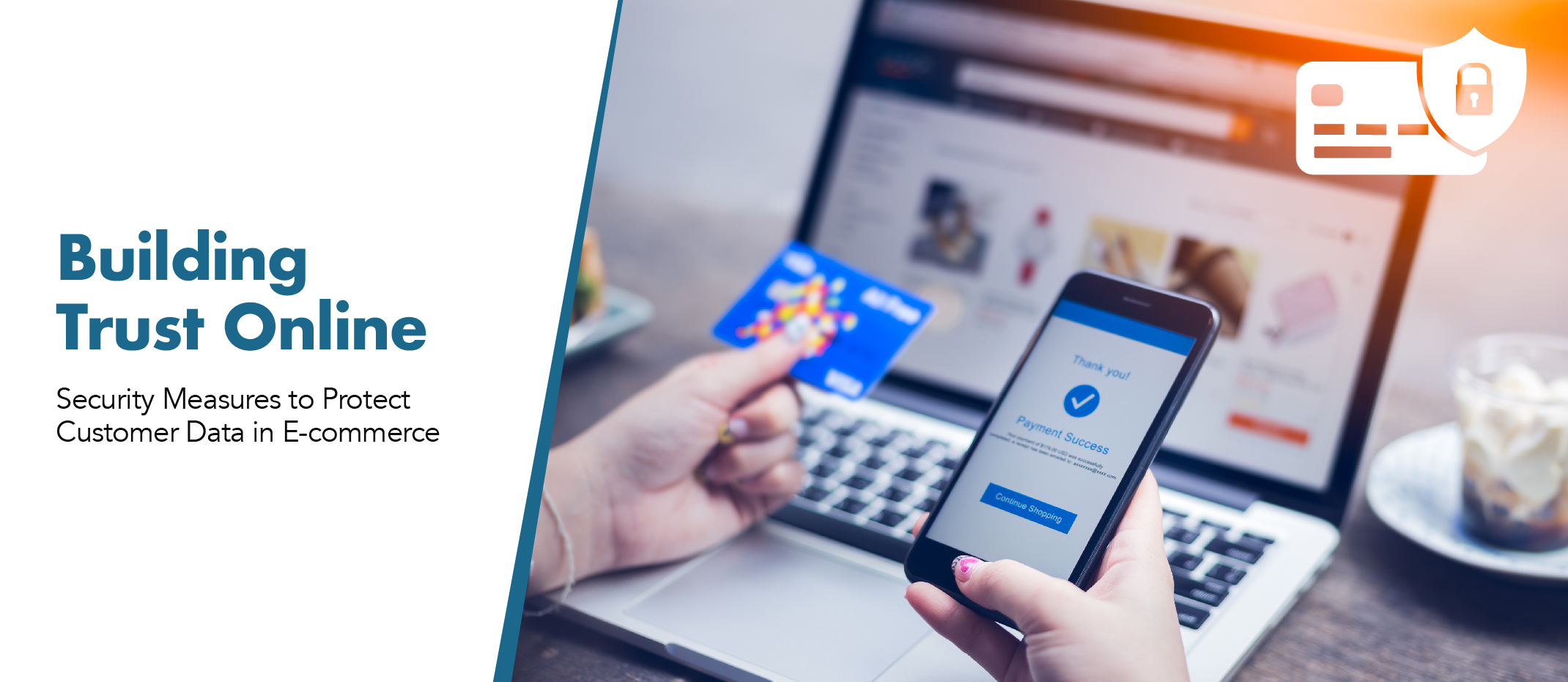
As the online marketplace continues to grow, so does the importance of ensuring the security and privacy of customer data. Consumers entrust e-commerce platforms with their sensitive information, making it imperative for businesses to implement updated security measures to safeguard this information and build trust among their customers.
Trust forms the foundation of any successful business relationship, and this is no different in the world of e-commerce. Customers need to feel confident that their personal and financial data will be kept safe and secure when they make a purchase online.
According to a survey conducted by the National Cyber Security Alliance, 74% of respondents stated that they would limit their online activity due to privacy and security concerns. Therefore, businesses that invest in strong security measures can gain a competitive edge by fostering a sense of trust and loyalty among their customers.
Over the years, Pesapal has continued to stand as a distinguished leaders in the e-commerce industry, placing an important emphasis on safeguarding customer data in alignment with the guidelines for addressing threats to customer data in e-commerce.
The cost of cybercrime prevention is increasing day by day. Cybercrime directs to any criminal activity taken out utilizing computers or the internet. Attackers have chosen strategies such as social engineering, phishing, and malware as part of their cyber-attacks.
A report on financial losses statistics for cyber security and future trends year 2022 indicated that nearly 1.2% of all emails sent are malicious, which in numbers translated to 3.4 billion phishing emails daily. Extortion of over 33 million records is expected to occur by 2023 with a ransomware or phishing attack occurring every 11 seconds. Shocking right? Let us just agree that technology has definitely come with a cost.
To ensure the safeguarding of customer data and to nurture trust in the online shopping experience, we have executed a comprehensive array of security measures designed to shield consumers from fraudulent activities. Furthermore, it is vital to consider the following best practices recommended for the industry:
Utilizing Secure Sockets Layer (SSL) encryption serves as a foundational security measure that protects the data transmitted between a customer's browser and the e-commerce website. Our platform is fortified with encryption to ensure that sensitive client information, such as credit card numbers and passwords, remains inaccessible to anyone during the shopping process.
We have also introduced Two-Factor Authentication measures that provide an additional layer of security by necessitating customers to provide two forms of verification before accessing their accounts. This procedure typically involves entering a password followed by a unique code sent to their mobile device. The adoption of 2FA has been helpful as it deflects unauthorized access.
Our e-commerce platform receives routine updates on its software and plugins to counter potential vulnerabilities that hackers might exploit. Consistent updates guarantee that known security weaknesses are promptly rectified. Swift updates also monitor network traffic, preventing unauthorized access and identifying suspicious activities, thereby alerting administrators to potential threats.
We are firmly committed to empowering both our staff and customers through education about potential risks and recommended practices for online shopping. We offer valuable insights on recognizing and evading fraudulent attempts, as well as safeguarding personal information. Carrying out regular training and raising awareness about security features, system upgrades, and updates continue to remain a top priority for us.
The regulatory landscape governing consumer protection and data security in the context of consumer transactions is of great significance in upholding trust and guaranteeing the security of financial exchanges.
Government authorities and regulatory bodies have taken the lead in establishing guidelines and standards for security practices within the payment sector.
As a testament to our dedication to consumer protection, we operate under the regulation of the Central Banks of Kenya, Uganda, Tanzania, and Rwanda. Our commitment to adhering to industry regulations stands as evidence of our steadfastness in safeguarding consumers during their online shopping endeavors.
Building trust
We understand that cultivating trust through robust security measures is an absolute necessity. Customers need to be confident that their personal and financial information will remain secure as they engage in online shopping. Through the integration of encryption, authentication protocols, and regular updates, we have established a secure ecosystem that builds trust, ensuring a positive shopping journey for customers while effectively shielding their sensitive data from cyber threats.